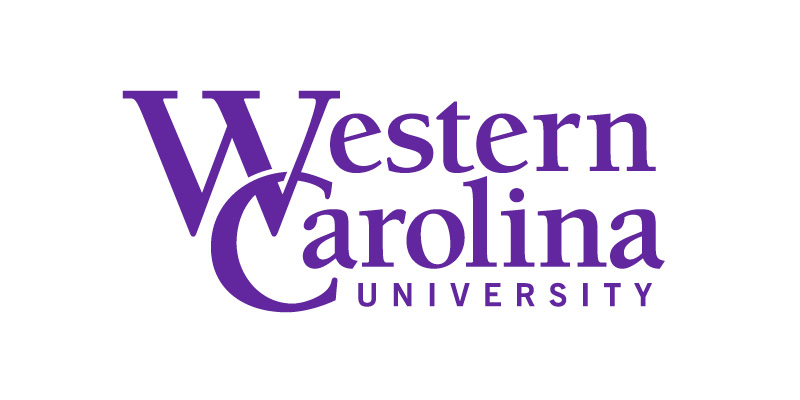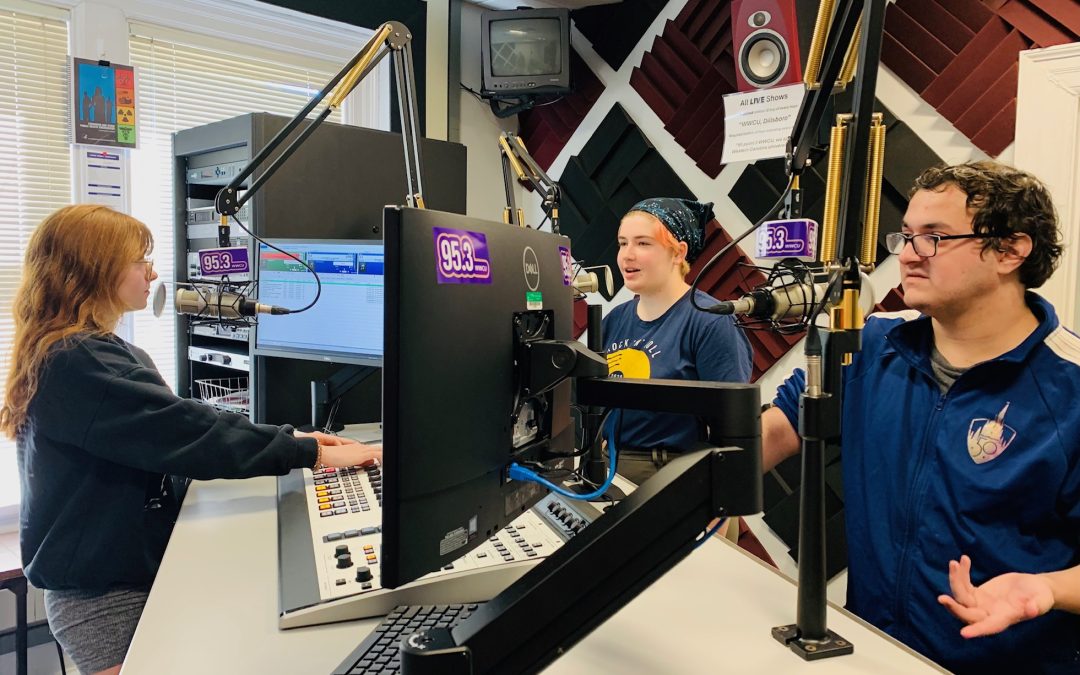Hurricane Helene hit Western North Carolina on September 26, leaving many areas without power, water, or service for a week or more.
However, the radio station, 95.3 WWCU, produced live content to keep the community informed.
In the first days following Helene, the radio was the only viable source of information for many WNC communities. With service, WIFI and power being out in many of the surrounding communities.
“We saw that internet and Wi-Fi had been lost in most areas,” said Stewart Butler, radio student worker. “Luckily, the campus retained Wi-Fi and served as a communication hub. We went to the station, informed ourselves as best we could and then hit the air.”
Throughout their coverage, the station hosted Provost Richard Starnes, Tanner Holland of the NCDOT, Robert Young from the Program for Developed Shorelines and Quinn Manning formerly with FEMA and AmeriCorps.
The shows included explanations of recovery and relief efforts as they occurred. The group of experts provided a diverse range of knowledge to help understand the impact of the hurricane.
“We covered various topics throughout the week but focused on immediate relief efforts,” said Butler. “Water and power outages, food and water donations, road closures, school closures, gas supply and much more. We wanted people to get what they needed.”
The first week of coverage supported hourly updates from 8 a.m. to 5 p.m.
The coverage began as a small group with station advisor Don Conelly and student workers Deanna Sipe and Butler heading the movement. More professors and communication students became involved as people became aware.
Over two weeks 95.3 produced 750 minutes of on-air content.
“For a time, we were just about the only source of information for residents in some areas,” said Butler. “We hoped that our efforts would help those that would otherwise be off-grid. If we helped just one person, it’d be worth it.”
The coverage was a jump for students and faculty into the world of crisis response and communication. It was a learning process that showed the tight deadlines and the profession’s importance.
“I’d like to give a big thank-you to everyone who helped out through that time,” said Butler. “None of this would have been possible without the help of our students and faculty.”

